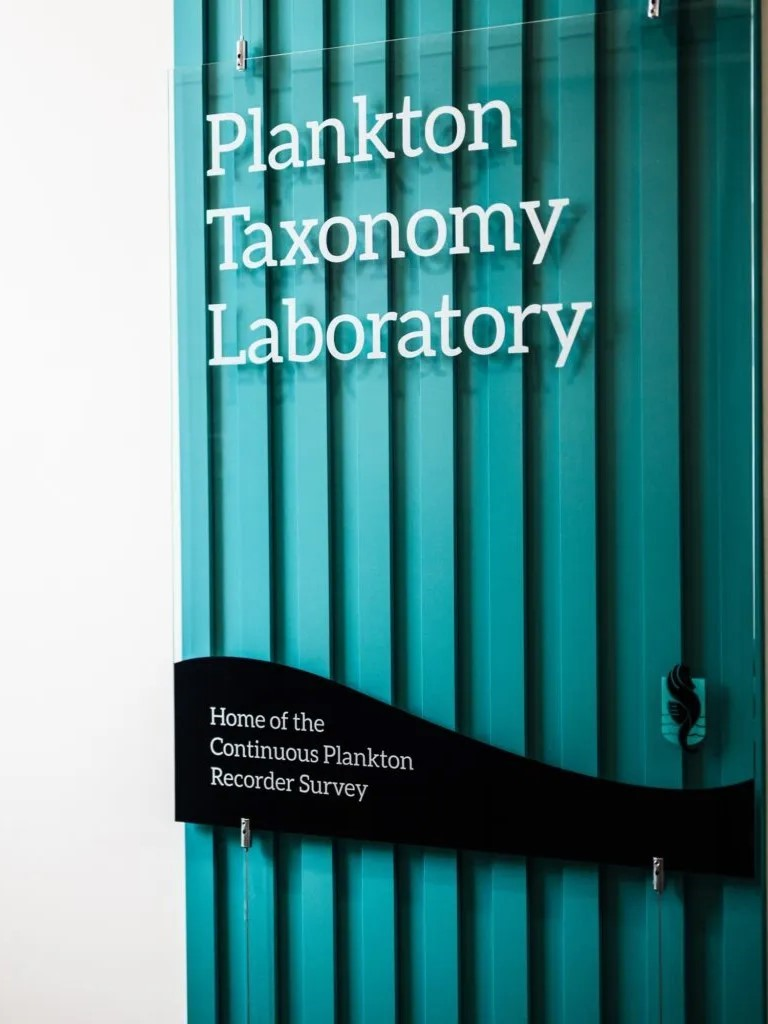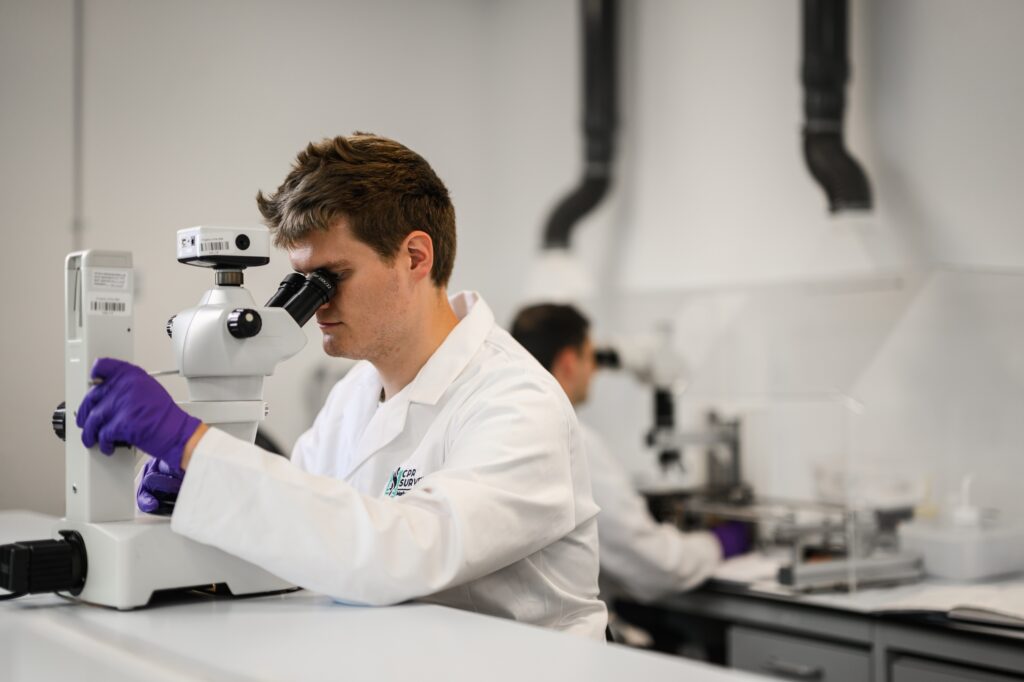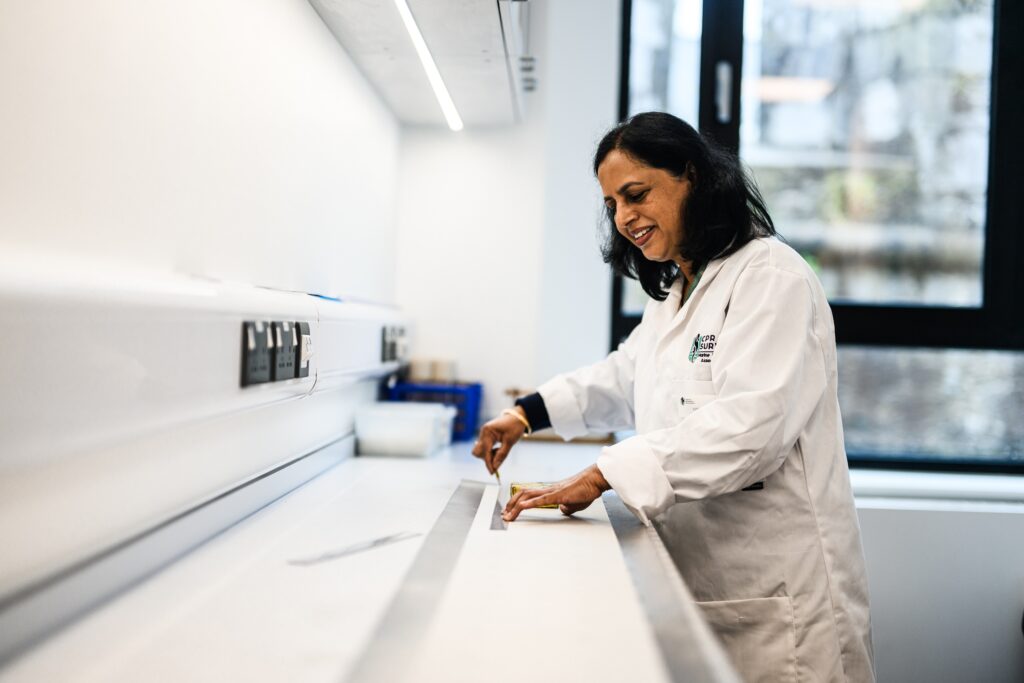Advancing plankton research through new laboratory facilities

The Marine Biological Association (MBA) is delighted to announce the opening of new laboratories which will further enhance vital planktonic research.
The Plankton Taxonomy Laboratory is the new home of the Continuous Plankton Recorder (CPR) Survey which is one of the world’s longest running and most geographically extensive marine ecological surveys.
The Garfield Weston Foundation kindly agreed to support the MBA with a transformational award of £400,000. With equal match funding from the MBA, this enabled the planning and completion of innovative laboratory facilities at Citadel Hill in Plymouth.
The newly opened Plankton Taxonomy Laboratory completed by Nevada Construction has a large open plan space with sixteen CPR Survey workstations, doubling previous capacity, seven plankton taxonomy workstations (for non-CPR samples), a larger dedicated sample processing room, silk preparation room and a taxonomy training room.

Not only has the project created additional research workstations, improved ergonomics and a dedicated training area, but the relocation of the laboratories has freed up valuable space which will enable further development at Citadel Hill.
David Johns, Director of Research Facilities and Head of the CPR Survey said:
“The new Plankton Taxonomy Laboratory has enabled us to build on our existing record-breaking, policy-relevant and strategic plankton work. The improved facilities, collaborative spaces, and dedicated taxonomy workspace, combined with recent advances in augmented sampling is creating an exciting future of research possibilities.”

In 2020 the CPR Survey received a Guinness World Records title for greatest distance sampled by a marine survey, reaching over 7 million nautical miles.
The Survey reached its milestone 90th Anniversary in 2021 and continues to shape scientific understanding about the health of our ocean, and how marine life is changing in response to pressures like climate change.

